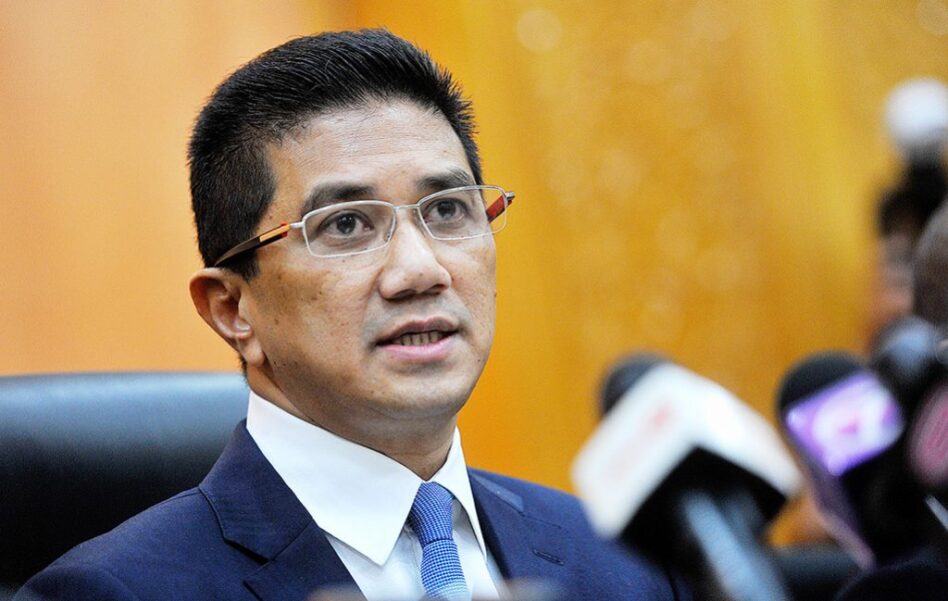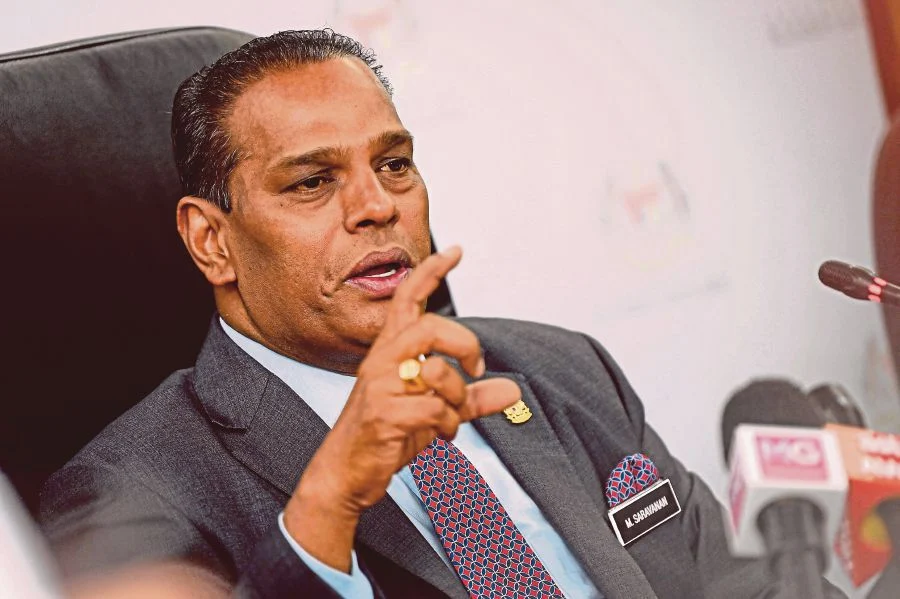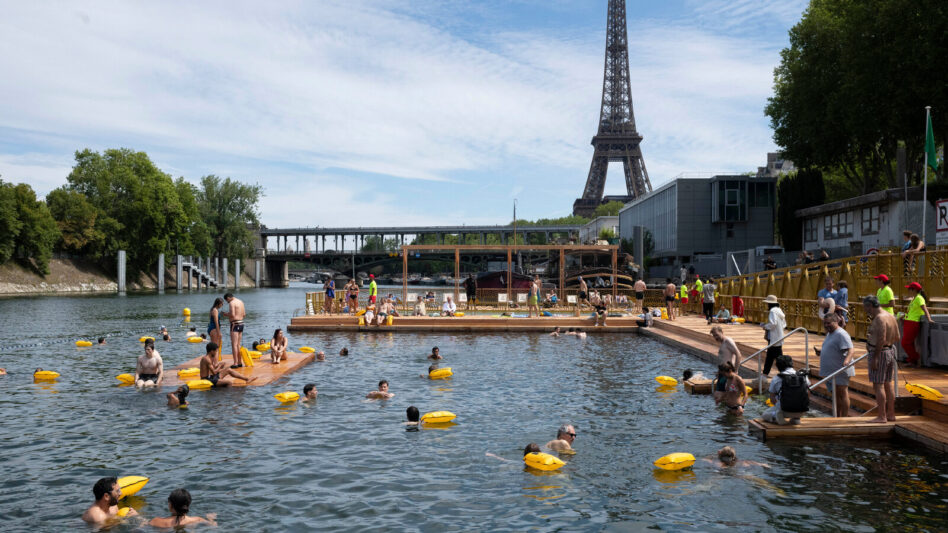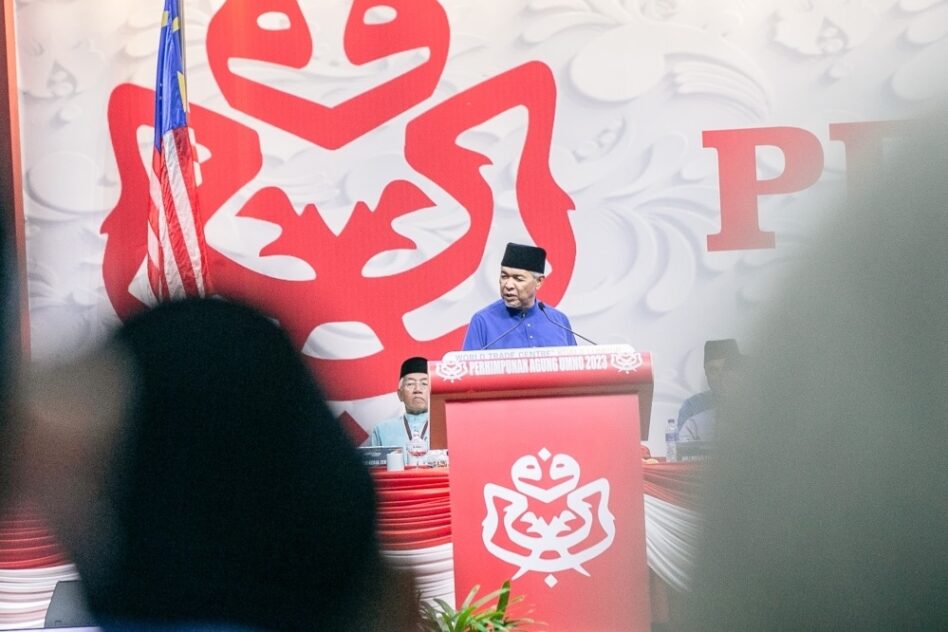By Gurdial Singh Nijar
THE Covid-19 virus pandemic lockdown has posed an altogether unforeseen constitutional problem for state governments. Under State Constitutions, they must convene sittings of their State Legislative Assemblies no later than six months from the last sitting. For some, the date expires either this April or May.
Can the lockdown be a basis to postpone the meetings to a date outside the six months? Will the proceedings then be legal?
The Federal Constitution has a similar provision for convening the Federal Parliament: Article 55(1). It requires every state to include this provision in their State Constitution: Article 71.
The actual convening is by the ruler of the state or the King in respect of the Federal Parliament. In practice it is on the advice of the state or federal government.
The provision is mandatory: “…the ruler shall not allow more than six months to elapse…” This being a constitutional edict, it cannot be violated.
There is a clear rationale for this. Otherwise, the executive – the state or federal government – can thwart matters being debated and resolved by the legislature which represents the members elected by the people by postponing at will the convening of the legislative assembly. This would undermine the quintessence of the separation of powers and the democratic process.
But neither the state nor the federal constitutions state how this provision is to be enforced, or what will happen to proceedings held outside of this mandatory period.
Undoubtedly, a clear violation of the Constitution cannot be condoned. The logical consequence would be to render illegal proceedings of the meetings held outside the six-month period. Any decision made, including laws or resolutions passed, will have no effect. They will be unlawful. And can be ignored with impunity.
But who will declare this to be so? Generally, it is within the province of the assembly or Parliament to make final decisions on matters that relate to its proceedings. But this can make a mockery of the constitutional provision as many legislatures are dominated by one political party. And they can vote to legalise the outcome of the proceedings.
In my respectful view, however, the courts will have the ultimate say – to decide whether the legislature was right in not convening and the effect of the proceedings in a meeting held in violation of the constitutional provision. The courts are the third arm of government, an indispensable player in the separation of powers’ trilogy which underpins our constitutional rule of law architecture.
Recent high authority from the UK Supreme Court supports this contention. British Premier Boris Johnson prorogued (that is discontinued) a parliamentary session abruptly in the midst of the Brexit parliamentary debates. His decision, made by the Queen on the government’s advice, was challenged in court.
The first question was whether this decision could be subjected to judicial scrutiny? Yes, ruled the court. Else: “(T)he sovereignty of Parliament would be undermined as the foundational principle of our constitution if the executive could, through the use of the prerogative, prevent Parliament from exercising its legislative authority for as long as it pleased.”
In our case, the supremacy of the Constitution will be undermined.
The court went on to rule that the decision to prorogue was unlawful – as “it is impossible for us to conclude, on the evidence which has been put before us, that there was any reason – let alone a good reason – to advise Her Majesty to prorogue Parliament. We cannot speculate, in the absence of further evidence, upon what such reasons might have been. It follows that the decision was unlawful.”
Can the lockdown be a good enough reason? I think not. After all, convening the meeting is not the problem. How it will be conducted is the real challenge. This can be dealt with by incorporating social distancing in the seating arrangements, masks, and maybe even electronic communication. It will no doubt require some creativity from the state governments. The lockdown regulations, incidentally, must also allow for this relaxation.
After the May 13, 1969 incident following the elections, Parliament was not convened as mandated by the Constitution. An emergency was declared instead. The country was then run by a National Operations Council headed by the then prime minister, Tun Abdul Razak Hussein.
I don’t think we need to resort to this. As always, we should never go down the slippery slope of abridging any part of the Constitution. – April 8, 2020
Dr Gurdial Singh Nijar, a legal practitioner, was a former law professor









